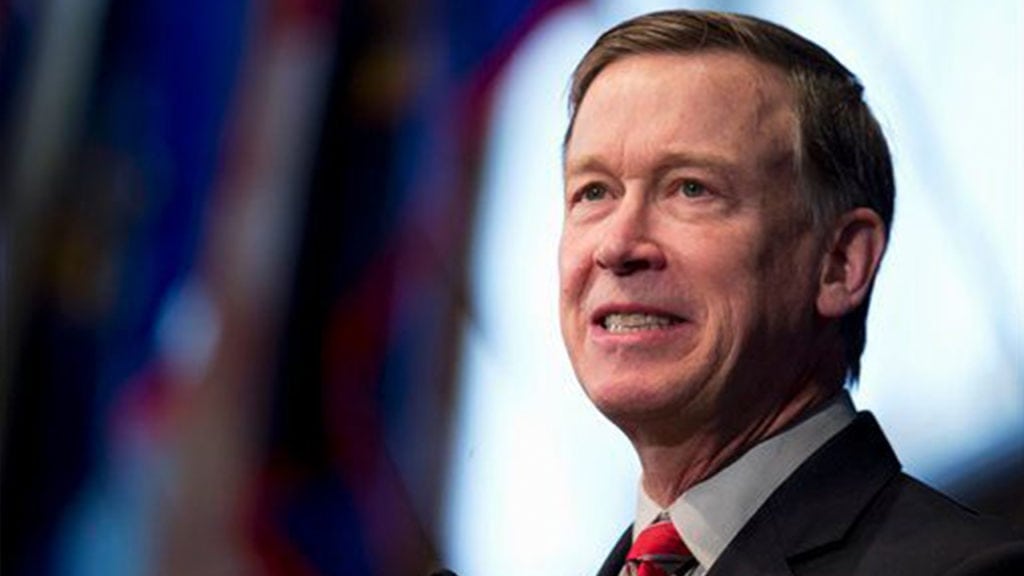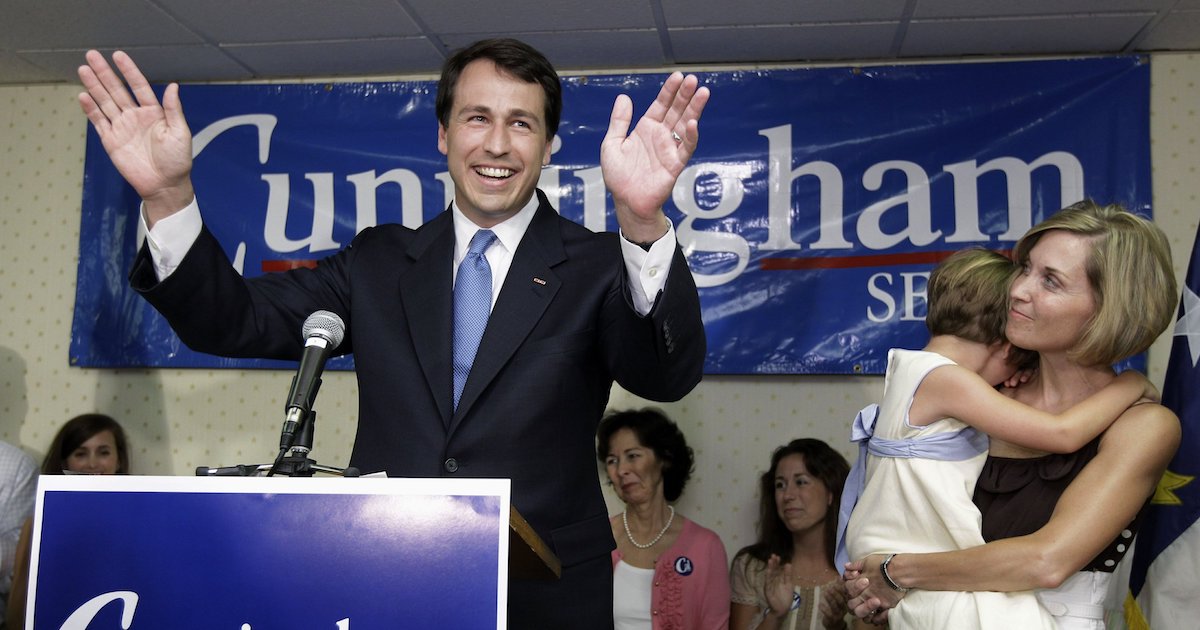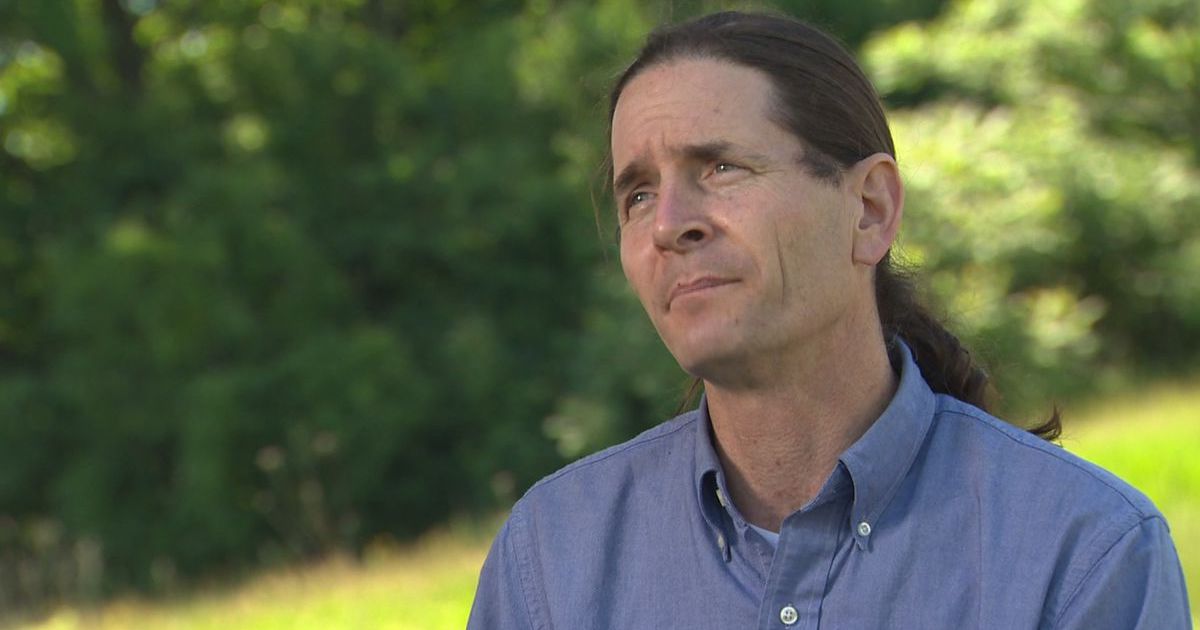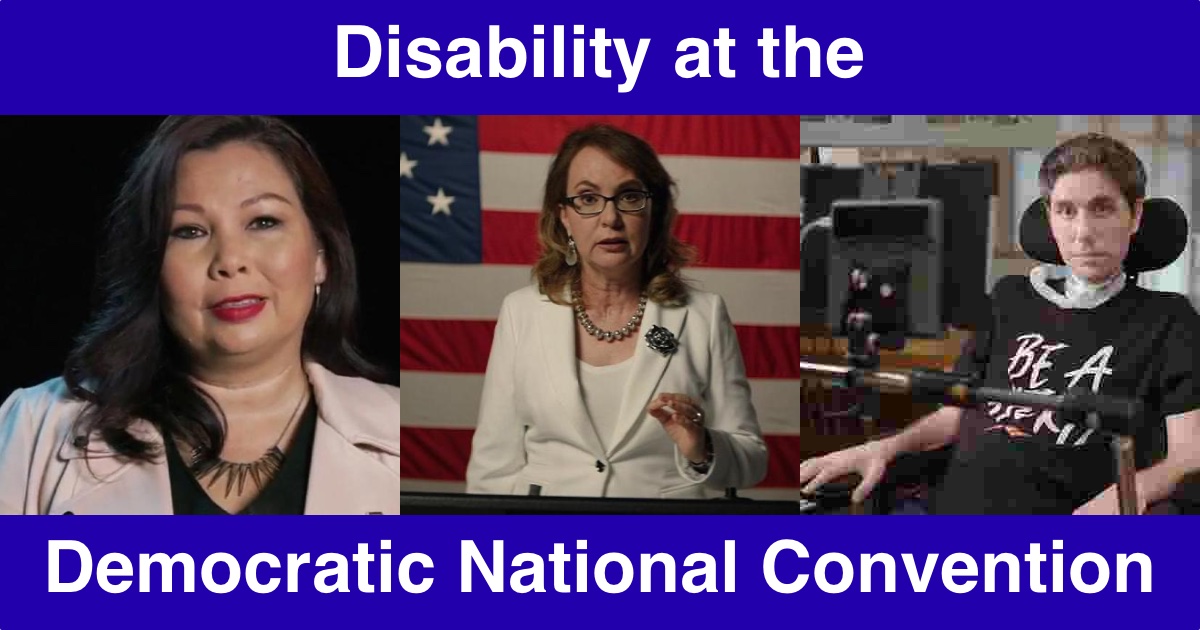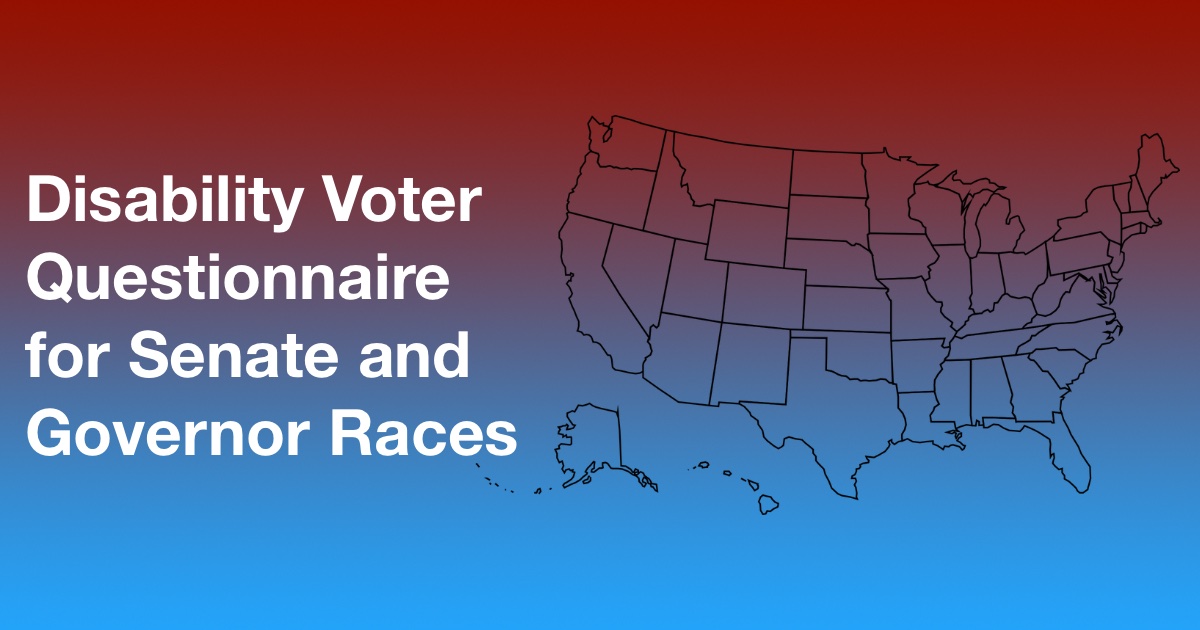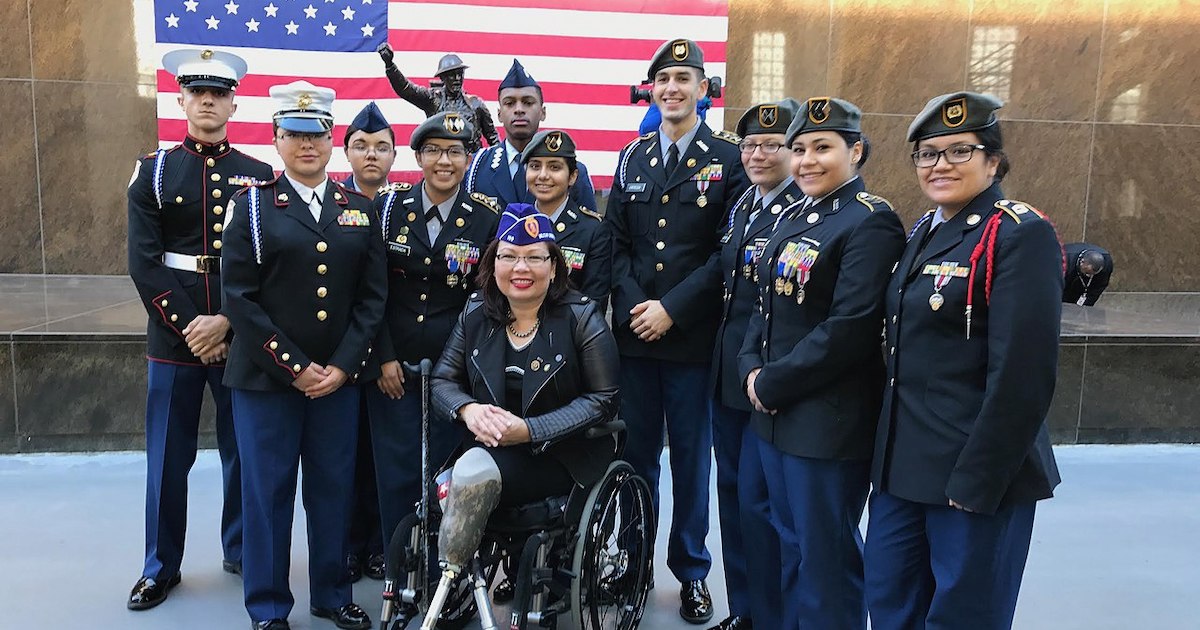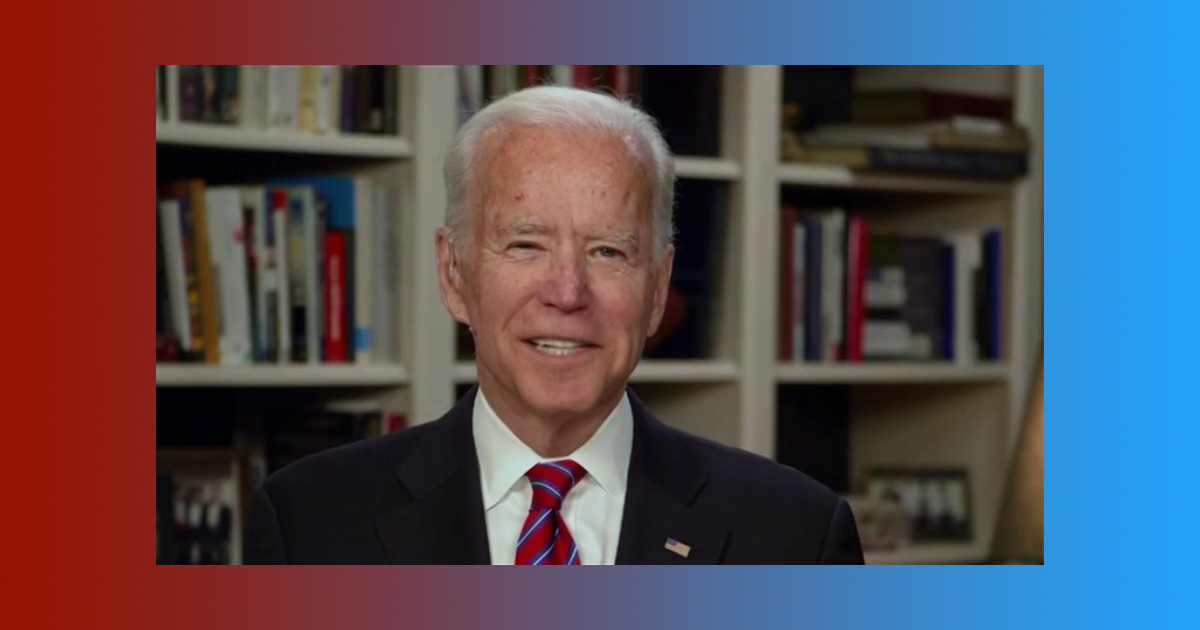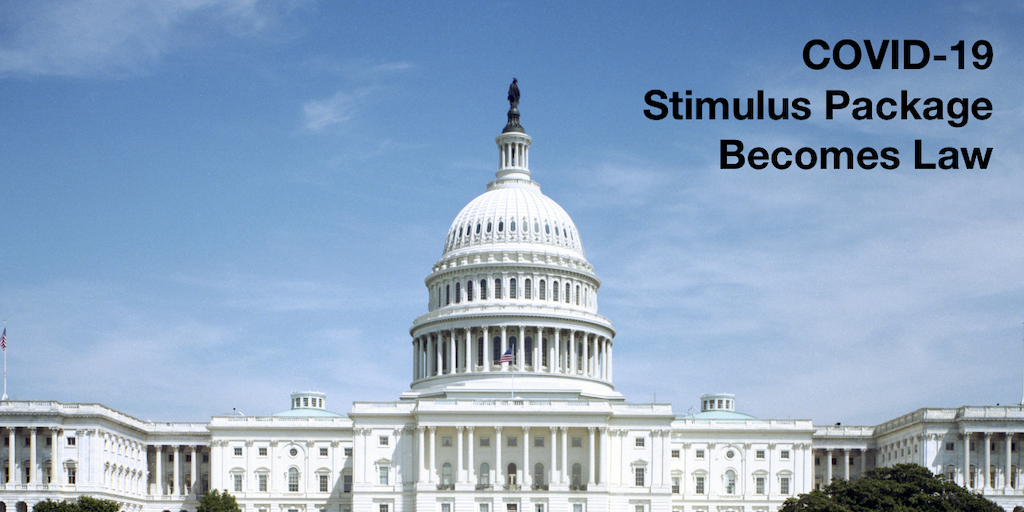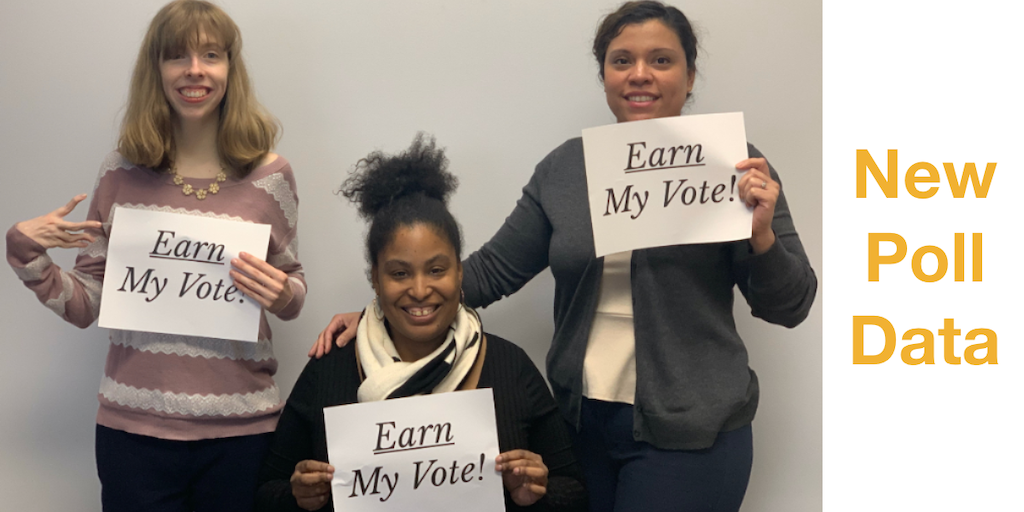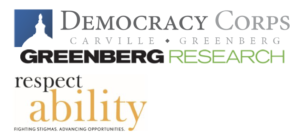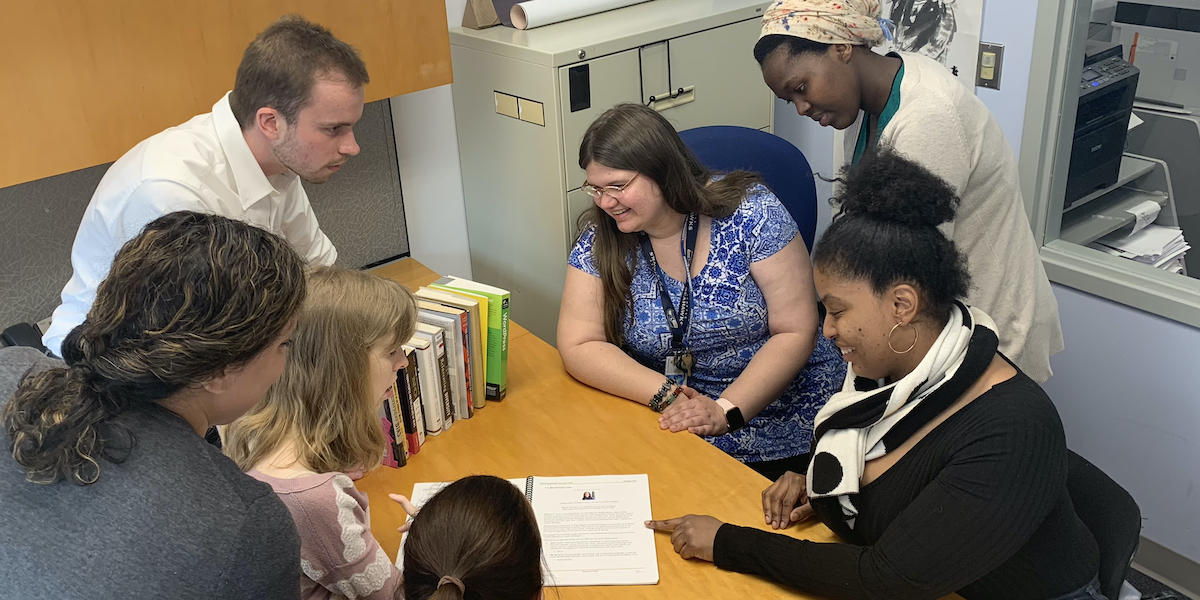Key actions and positions posted on the intersection of disability and education, jobs, immigration, climate crisis, criminal justice and more
Denver, CO, Sept. 9 – Democratic Senate candidate and former Colorado Governor John Hickenlooper has responded to a detailed candidate questionnaire on disability issues. The questionnaire is from RespectAbility, a nonpartisan nonprofit disability organization that does not endorse candidates. The questionnaire is purely for educational purposes. RespectAbility has reached out to key Senate and gubernatorial campaigns on both sides of the aisle and will be posting all responses on The RespectAbility Report. The full text of RespectAbility’s questions and Hickenlooper’s responses follows:
1. Learning during the COVID-19 pandemic has led to more issues and concerns for all students and their families, but this is especially true for students with disabilities. Additionally, the gap in graduation and drop-out rates between students with and without disabilities continues to undermine their futures. For example, in the class of 2018, only 66 percent of Black students with disabilities, 71 percent of Hispanic students with disabilities, 77 percent of white students with disabilities, and 79 percent of AsianAmerican students with disabilities completed high school. Furthermore, just seven percent of students born with a disability graduate from college. What is your plan for ensuring that all students with disabilities receive a quality and appropriate education to acquire the critical and marketable skills necessary to compete in a job-driven economy?
Hickenlooper will work to close the achievement gap supporting the Individuals with Disabilities Education Act (IDEA), expanding literacy opportunities, promoting STEM learning, funding Head Start and full-day kindergarten, and so much more. As senator, Hickenlooper will work to ensure every student can benefit from the foundation for future success that education provides.
